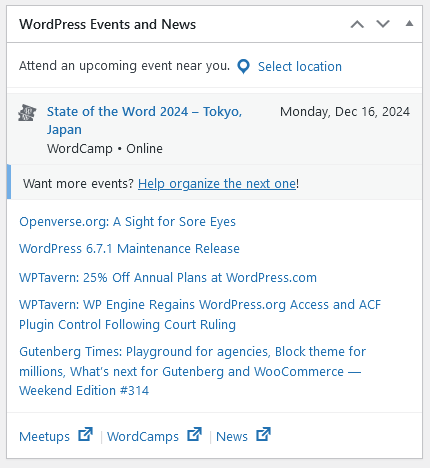One of the biggest impediments to improving the security of WordPress is the sheer amount of misleading and outright false information that exists out there. Take the most popular security specific WordPress plugin, Wordfence Security, which, as we noted on Friday, is promoted by its developer and by others with the unqualified claim that it stops websites from being hacked. Not only could it not provide that level of protection, but testing confirms that it actually fails to provide the kind of protection it should be able to and that other security plugins do provide. If people knew the truth, they could be taking advantage of the additional security that other plugins provide. On the developer’s part, they clearly know what they are saying isn’t a true, and that statement isn’t an aberration, as we have repeatedly seen them telling lies that involve overstated claims about the capabilities of their plugin and services.
You would reasonably expect that journalists covering security would be warning the public about a company like that, but what we have found instead that those journalists often act more as a PR arm of security companies (often dishonest ones) than as journalists. In some cases that is rather literal situation, as there are multiple security journalism outlets that are publicly acknowledged to be owned by security companies (and another that is no longer acknowledged to be owned by a security company). [Read more]
